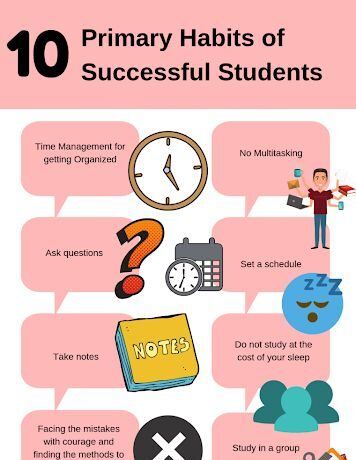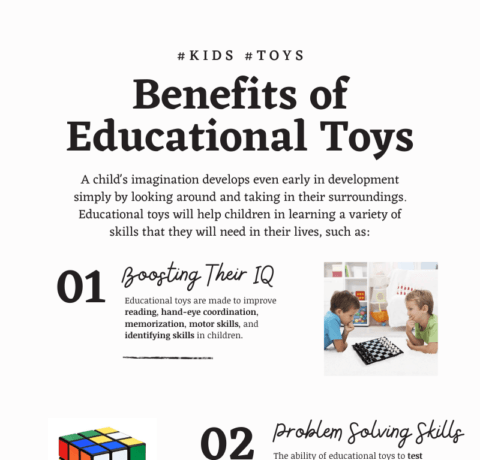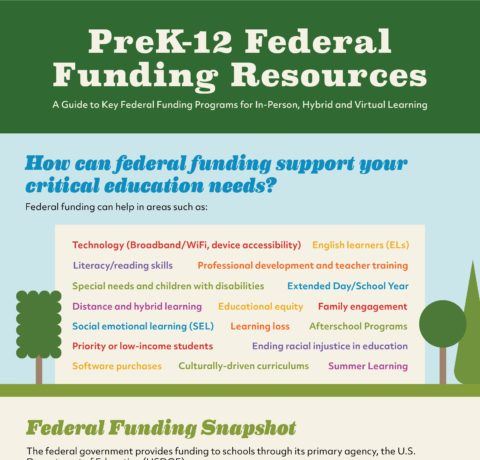Experiential Learning in The Classroom Infographic
Experiential learning is the process of making meaning from direct experience, i.e., “learning from experience.” Experiential learning is a more effective way to gaining understanding of materials than lecture-based discussions.
Kolb’s Experiential Learning Theory Model
Expanding on earlier work by John Dewey and Kurt Levin, David Kolb’s experiential learning theory features a four-stage cyclical theory of learning. Experiential learning helps students gain precious work-related social skills, gain maturity and increases their confidence about the future.
Benefits of Experiential Education
- Experiential education promotes positive attitudes towards learning: 10 of 14 students who have been taught using the experiential education method express significantly more positive general attitudes towards their learning experiences. The logic is simple: people tend to do more of the activities they enjoy than the activities they do not enjoy. If we can get students to enjoy school and learning more, just think how much more they may learn. Additionally, we might then be able to reverse the trend of students becoming less engaged as they progress through their K-12 educational years.
- Experiential education provides true-to-life experience that enhances career exploration: Students can learn about careers through slideshows and lectures, but a greater connection is formed when they receive hands-on career experience. This hands-on experience not only prepares them for the technical aspects of future careers, but gives them a better understanding of what career area they may enjoy or excel in.
- Experiential education helps create more engaged members of the workforce: By establishing positive attitudes towards education, providing hands-on career experience and helping create more engaged members of the workforce, experiential education and CTE programs are helping create a stronger workforce – a workforce that, in time, will be better able to compete globally and fill the high-skill STEM (science, technology, engineering and math) careers that are anticipated to be in demand in just a few years.
Technology and Experiential Learning
Technology is a highly effective teaching tool for experiential learning. Teachers are creating more interactive lessons thanks to access to technology:
- 93% of educators agree that digital resources such as classroom technology and web-based programs help in their students’ academic achievement.
- 65% of teachers say technology lets them demonstrate things they couldn't show another way.
Read also: 8 Reasons Why Experiential Learning Is The Future Of Learning







You can adjust your cookie preferences here.